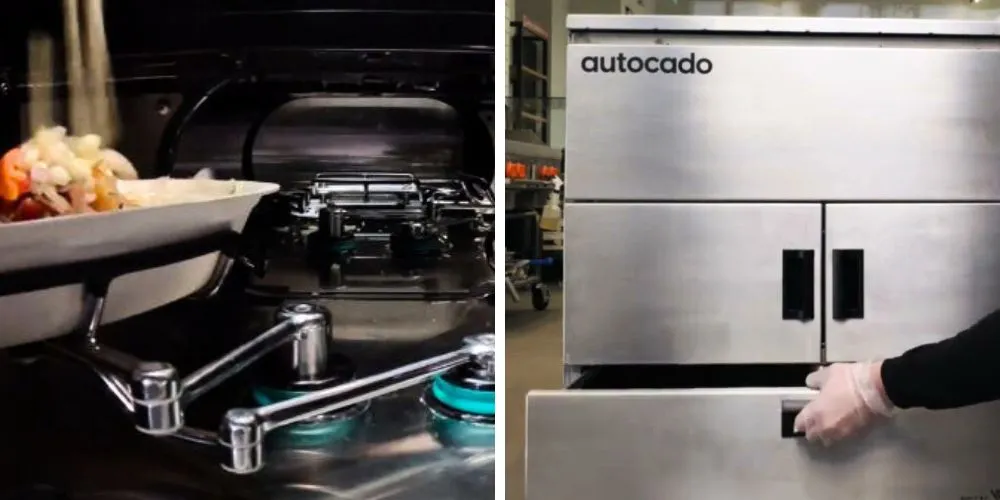Key Points
- Chipotle is testing a bowl-and-salad maker and avocado-processing robot in California.
- The new technology is designed to improve operations without replacing jobs.
- The tests come as California enforces a $20/hour minimum wage, and further increases are being considered.
- Chipotle invested $100 million in food technology, backing startups behind the new machines.
Chipotle has begun testing new automation technology, including a robot that processes avocados and an automated bowl-and-salad maker, in two of its California locations. The fast-casual chain announced on Monday that customer and employee feedback will help determine whether the tech will be rolled out more broadly.
These new automated tools come at a time when all fast-food workers in California are guaranteed a minimum wage of $20 per hour, with potential future increases. Chipotle, which earned nearly $9.9 billion in revenue last year, emphasized that the technology aims to boost efficiency, not directly in response to wage hikes. Employees working with these automated systems will still prepare burritos and tacos, add sides, and ensure quality control of the machines.
The “augmented makeline,” Chipotle’s automated bowl-and-salad maker, handles 65% of all digital orders, mostly bowls and salads. This technology, created by San Jose-based startup Hyphen, dispenses ingredients such as rice, corn, and lettuce directly into bowls under the counter. BTIG analyst Peter Saleh believes this innovation could propel Chipotle ahead of its competitors in the automation race.
Chipotle has also introduced “autocado,” a machine that cuts, cores, and peels avocados in 26 seconds, streamlining the process of preparing its guacamole. The avocado-processing technology, made by Los Angeles startup Vebu, is being tested in Chipotle’s Huntington Beach location. The company uses over 5 million cases of avocados annually.
The $100 million venture fund Chipotle established to invest in innovative food tech, which added $50 million in February, has a stake in Hyphen. This marks Chipotle’s latest attempt to automate its operations, following earlier tests of “Chippy,” a system designed to make tortilla chips. However, the company found that setup and cleanup costs outweighed labor savings. As California faces potential wage increases, fast-food chains like Chipotle are turning to automation to manage costs and maintain service quality.





